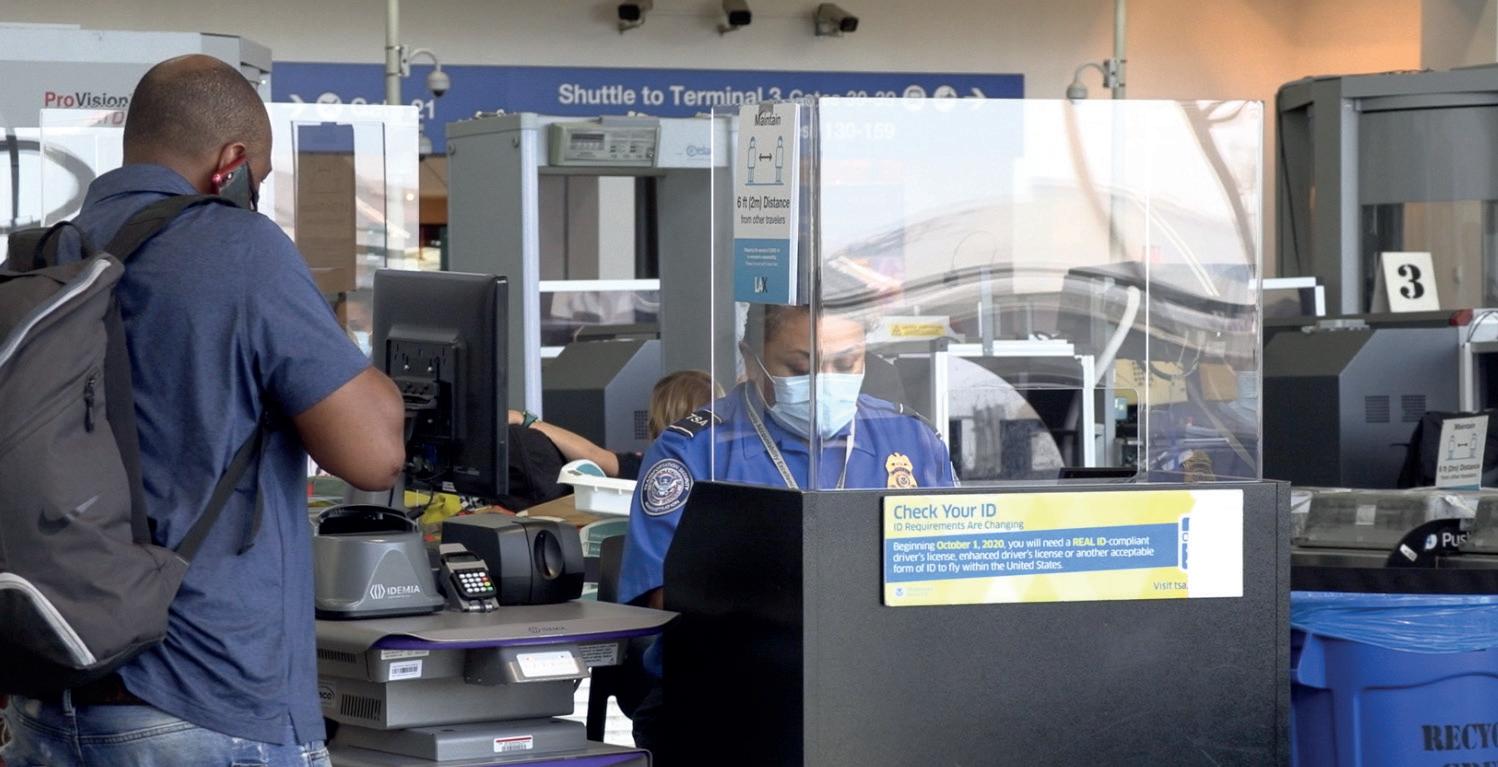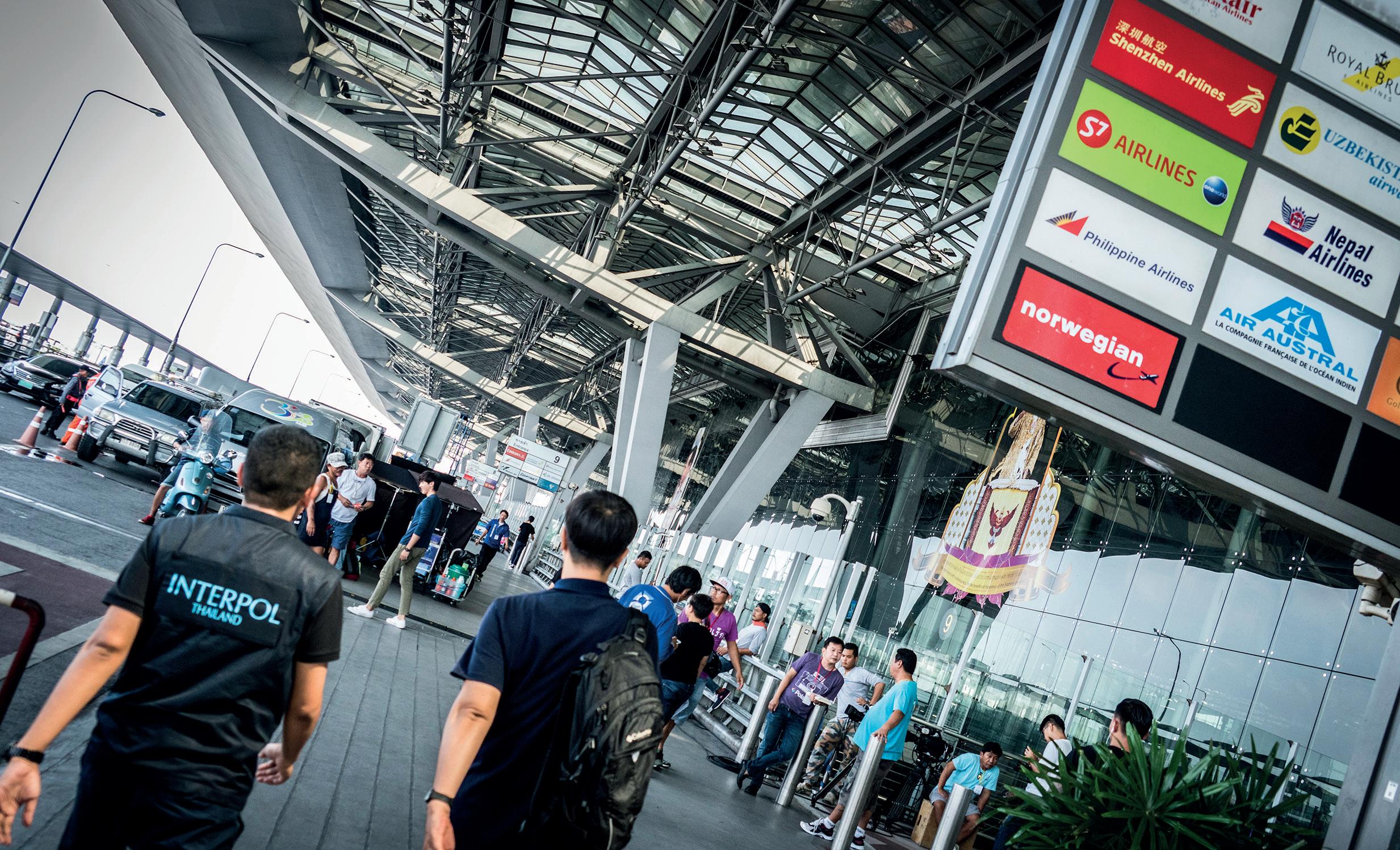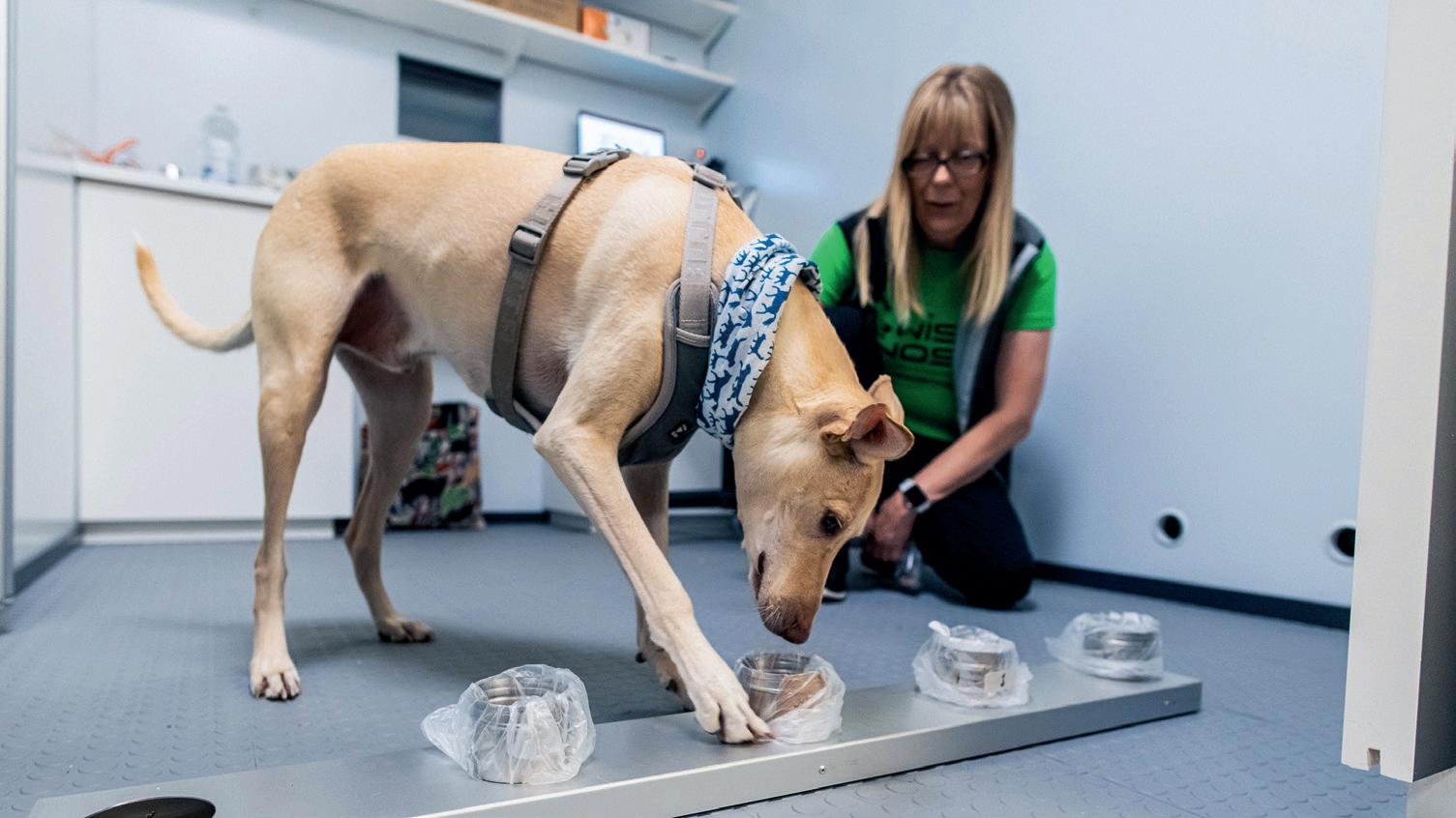
2 minute read
PEOPLE matters
Psychological safety
Terri Morrissey and Richard Plenty give their perspective on how to create a psychologically safe work environment.
Advertisement
Have you ever felt that it would be better not to speak out, ask questions, challenge the status quo, raise issues, or simply make suggestions in your workplace because there might be a price to pay later?
If so, you are not alone. Research shows that people are extremely sensitive to the emotional climate in organisations and will not take the risk of being open and honest if they feel there may be recriminations later. People know the stakes can be high, particularly during the current pandemic. If they see that this kind of behaviour has been suppressed or punished in the past, they may be scared to ‘put their head above the parapet’ in case they lose their job.
Keeping quiet is not something most people feel good about. It is difficult to feel committed to an organisation which does not give you a voice, accept or trust you.
At the same time, the inability to speak out matters not only for the psychological wellbeing of the individuals concerned, but also for their organisations.
For example, Google, in their Project Aristotle, looked at 180 teams to see what differentiated its highest performing teams from other teams. People in the highest performing teams listened to each other and weren’t afraid to contribute and challenge the status quo.
‘Psychological safety’ was by far the biggest factor in a team’s success. Those teams where individuals felt accepted, respected, and included did much better than those that didn’t.
It is not enough just to create an environment where physical safety is a priority. Psychological safety matters as well, particularly in an environment of uncertainty. It is critical for enabling creativity and sets the tone for the culture.
Without it, as a result of an ‘excess of caution’, the organisation may lose out on valuable ideas and potential innovations.
So, how can you create an environment of psychological safety? How can you create a climate where trust and openness are valued and where ideas can be freely expressed?
• Firstly, treat people as individuals and human beings rather than just employees with useful skills sets. Genuinely connecting with others is key in times of uncertainty.
• Secondly, it is important to be transparent in communication. This means being open to listening without judgment, looking for win-win outcomes and approaching potential conflict as a collaborator rather than as an adversary.
• Thirdly, replace blame with curiosity. Instead of looking for the fault in an argument or idea, start from the position of trying to find out more about it, why the person has it and explore its possibilities.
• Fourthly, try to anticipate reactions and deal with controversy with an open mind. This can be difficult sometimes as the tendency is to shut out what we don’t like, believe, or agree with. Creating an environment of openness helps to build trust, an essential ingredient for psychological safety to flourish. The key drivers in creating a culture of belonging and commitment are having a set of core values and a sense of purpose in the organisation as well as a willingness to act in accordance with those values.
People are committed to organisations whose objectives they believe in. They trust leaders who are authentic and genuine.










